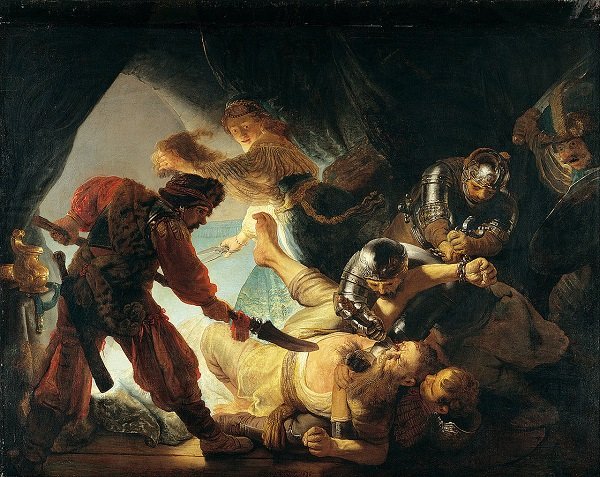Some thoughts about the ethical issues of violence and cruelty /part 2/
In European history, the ideal of "nonviolence" is related to the name and commandments of Jesus Christ: "Whoever hits you in the right cheek, turn to him and to the left," "Love your enemies." These orders abolish the ancient law, which suggests the possibility of violence as retribution ("eye for eye", "tooth for tooth") and state protection ("love your neighbor and hate your enemy"). Jesus believed that violence can not be justified under any circumstances. The basic command of Christ is the love of neighbors. Nonviolence - this is the specification of the ethics of love, her test ("Love Your Enemies").
This relationship points to L.Tolstoy, who says, "the notion of God" is an indication of what human intelligence can not know; the notion God creates the right order of values in the world. God - this is the ultimate ground of human existence. Love to God means giving up the violence and accepting the world as it is with love and joy. How do non-violence and fair violence apply? It is generally considered that non-violence is an alternative to "fair violence". This is the post-violent stage of the fight against injustice and evil. Defensive struggle is a call to the idea that one side of the conflict embodies the good and the other - the evil. But as the amount of violence increases, evil also increases. The Imperative of Non-Violence offers a solution, the essence of which is that neither party can see itself as a judge on good and evil, and that is the only way to stay in the space of morality. The humanism of the ethics of non-violence is related to the recognition of the holiness of life. "Do not overcome or destroy the opponent, but show mutual understanding with him." Love is opposed to violence, but respect for the personality and her self-esteem.
Can violence be good? Many revolutionary ideologists have the task of morally justifying violence. For example, L. Trotzy in the article, "Their morality is and" our "justifies the revolutionary violence of the proletariat; he draws the society of the future, where there will be no violence and no social contradictions, although building a bridge to it is possible only through revolutionary violent means. An analogous stance was maintained by Stalin when he talked about the good with the "kulaks". Every violence seeks justification, and therefore uses moral demagogy, and also divides people into good (bad) and bad (foreign). Violence - this is the power of power, so it is out of morality. Morality and violence are mutually exclusive. However, every violence needs the moral sanctions, calls for the fight against evil.
Is there a violent abuse? The modern state has monopolized violence and institutionalized it. The right to violence is localized in special social groups and individuals and is carried out according to established rules. It is the state that forms the system of motives that govern the citizens. For example, with the help of tax policy, it can, to a certain extent, stimulate population growth or decrease. This is violence of a particular kind, not directly, but indirectly or virtually. Another example of indirect violence - this is manipulation of consciousness, shock therapy.

omg very very very good.
To listen to the audio version of this article click on the play image.

Brought to you by @tts. If you find it useful please consider upvoting this reply.